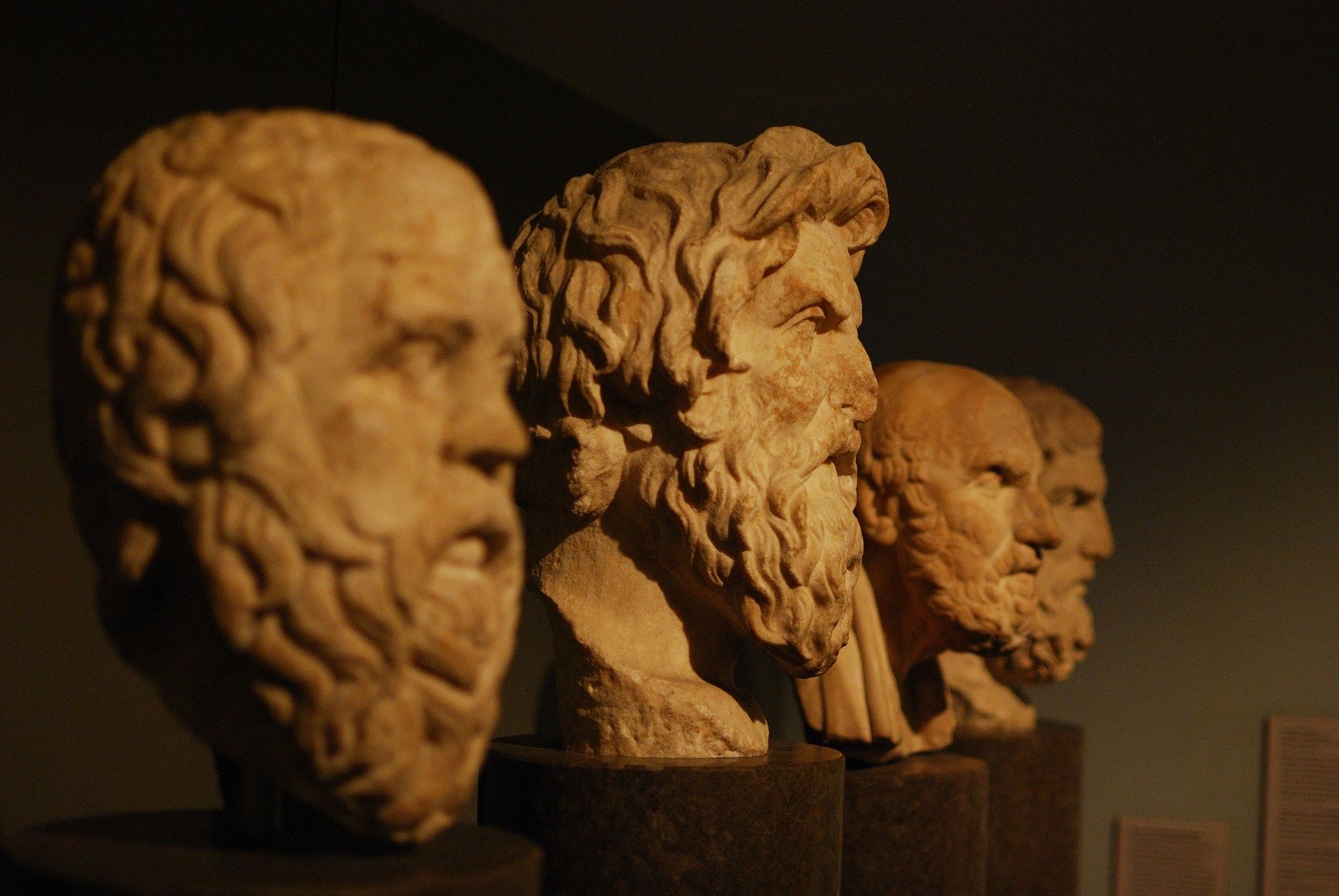What ever happened to the Republic of Letters?
Or perhaps a better place to start: What was the Republic of Letters?
The best description I have found is that it was the “long-distance intellectual community in the late 17th and 18th centuries [that] served to bring together nobles and intellectuals in an atmosphere of civility and fair play in order to educate one, refine the other, and create a common medium of cultural exchange based on the shared notion of honnêteté that combined learning, good manners, and conversational skill” (Kale 2004).
Are we sure the Republic no longer exists?
After all, there is Twitter, the most effective platform ever created for the instant exchange of ideas. But I’m not sure Twitter fosters “combined learning, good manners, and conversational skill.” I visited Twitter during Gordon Sondland’s testimony at the impeachment hearings, and I didn’t find much combined learning, to say nothing of manners or conversational skill.
Oh, but there’s Medium, arguably the best blogging platform ever conceived! True, and I love Medium; but while Medium does a wonderful job transmitting ideas, I’m not sure it does much to facilitate their exchange. Comment sections, even at their best, are a poor substitute for the Republic of Letters.

We are Jonathan Stern and Carter Duncan, and earlier this year we found ourselves frustrated by the state of discourse on the web but uplifted by its endless potential to make the world a better place.
So we set about to revive the Republic of Letters: to recreate a hub for serious discourse, and to bring people across government, industry, academia, religion, and the arts into conversation about great events and great ideas.
Principally, we were inspired by that most intriguing of exchanges, the eleven-year twilight correspondence between John Adams and Thomas Jefferson. From this exchange, we have derived two founding pillars:
(1) That the writing should be crisp, potent, and—where possible—beautiful.
(2) That wit, good manners, and conversational skill are to be encouraged; technical argot and ponderous prose, discouraged.
Our vision has culminated in a platform called Pairagraph, and you can find it at Pairagraph.com. Already, we have hosted dialogues between novelists Alan Lightman and Rebecca Goldstein about meaningfulness; and between health expert Austin Frakt and Washington Post opinion columnist Megan McArdle about Medicare for All.
Coming soon, if things go as planned, are conversations between notable legal scholars Alan Dershowitz and Erwin Chemerinsky, and between Pulitzer Prize-winning historians Gordon S. Wood and David Hackett Fisher.
Our hope is that by coupling modern technology with the traditional wisdom of old age approaches to discourse, we will recapture the spirit of what has made the epistle format so uniquely effective across the centuries and create a new platform for dialogue free of clutter and free of noise.


